 Unintended consequences of RCUK policy mean that if academics want open access publishing, publishers are happy to sell it to them, writes Stevan Harnad. He argues that researchers should not have to choose gold publishing when green open access is available.
Unintended consequences of RCUK policy mean that if academics want open access publishing, publishers are happy to sell it to them, writes Stevan Harnad. He argues that researchers should not have to choose gold publishing when green open access is available.

Image: Judith Economos CC-BY
Suppose you’re a subscription journal publisher. Offering a Hybrid (Subscription/Gold) Open Access (OA) option means you keep selling subscriptions just as before, but, on top of that, you charge (whatever you like) as an extra fee for selling “Gold OA” (meaning free online access to that single article) for a single article, to any author who agrees to pay extra for it.
How much do you charge for this option? It’s up to you. For example, if you publish 100 articles per year and your total annual revenue is £X, you can charge 1 per cent of £X per article for hybrid Gold OA . Once you’ve got that for 1per cent of your articles (plus your unaltered subscription revenue of £X) you’ve earned £X + 1 per cent for that year. Good business.
And now – thanks to the Finch committee recommendations and the revised RCUK policy for open access – in the UK, which publishes 6 per cent of the world’s research yearly, 6 per cent of journal articles will be fee-based hybrid Gold OA. That means that worldwide publisher revenue – let’s say it’s £XXX per year – will increase: from £XXX per year to £XXX + 6 per cent per year at UK tax-payers’ (and UK research’s) expense. Not bad.
Publishers are not too dense to do the above arithmetic. They’ve already done it. That is what hybrid Gold is predicated upon. And that is why publishers are so pleased with Finch/RCUK: “The world purports to want OA? Fine. We’re ready to sell it to them – on top of what we’re selling them already.”
In the UK, Finch and RCUK have obligingly eliminated hybrid Gold OA’s only real competition: Green OA self-archiving, in which authors make their final, peer-reviewed drafts OA by depositing them in their own institution’s repository immediately upon acceptance for publication. Finch has proposed to downgrade self-archiving to digital preservation rather than access provision and to divert scarce research funds to paying publishers for Gold. And RCUK has proposed to require its fundees to pay for Gold – rather than to provide cost-free Green – whenever their publisher has the sense to offer hybrid Gold.
Of course, publishers will say (and sometimes even mean it) that they are not really trying to inflate their already ample income even further. As the uptake of hybrid Gold increases, they will proportionately lower the cost of subscriptions – until subscriptions are gone, and all that’s left, like the Cheshire Cat’s grin, is Gold OA revenue (now no longer hybrid but “pure”) – and at the same bloated payment levels as today’s subscriptions.
So what? The goal, after all, was always OA, not Green OA or Gold OA or saving money on subscriptions. Who cares if all that money is being wasted? I don’t.
I care about all the time (and with it all the OA usage and impact and research progress) that has been lost for so many years already, and that will continue to be lost, if the ill-informed, short-sighted and profligate Finch/RCUK policy prevails instead of being (easily) corrected.
Uncorrected, both global OA growth and precious time will continue to be wasted. The joint thrall of Gold Fever (the belief that “OA” means “Gold OA,” together with an irresistible desire to have Gold OA now, no matter what the cost, come what may) and Rights Rapture (the irresistible desire for certain further re-use rights, over and above free online access, even though only a few fields need them, whereas all fields urgently need — and lack — free online access) keeps the research community from mandating the cost-free Green OA that is already fully within their reach and would bring them 100 per cent OA globally in next to no time. Instead, they are left chasing along the CC-BYways after gold dust year upon year, at unaffordable, unnecessary, unsustainable and unscalable extra cost.
How to rescue RCUK
There is still hope that RCUK will have the sense and integrity to recognize its mistake, once the unintended negative consequences are pointed out, and will promptly correct it. The current RCUK policy can still be made workable with two simple patches, to prevent publisher-imposed embargoes on Green OA from being used to force authors to pay for hybrid Gold OA.
RCUK should:
(1) Drop the implication that if a journal offers both Green and Gold, then RCUK fundees must pick Gold
and
(2) Urge but do not require that the Green option must fall within the allowable embargo interval. (The deposit of the refereed final draft would still have to be done immediately upon publication, but the repository’s “email-eprint-request” Button could be used to tide over user needs by providing “Almost-OA” during the embargo.)
That way RCUK fundees (i) must all deposit immediately (no exceptions), (ii) must make the deposit Green OA immediately or as soon as possible and (not or) (iii) may pay for Gold OA (if the money is available and the author wishes).
Note: This article gives the views of the author(s), and not the position of the Impact of Social Sciences blog, nor of the London School of Economics.
Stevan Harnad will be giving a keynote on “How and Why the RCUK Open Access Policy Needs to Be Revised” at Digital Research 2012 at St. Catherine’s College, Oxford, on September 11th 2012.










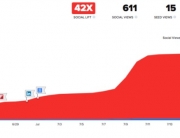

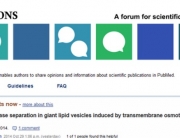




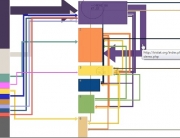


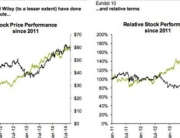


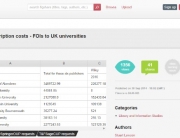

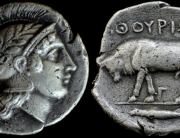































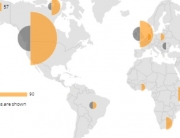


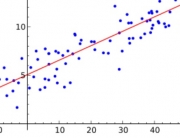












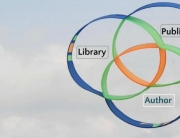
















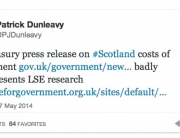
































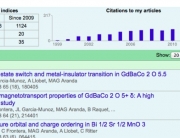


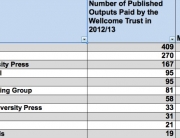





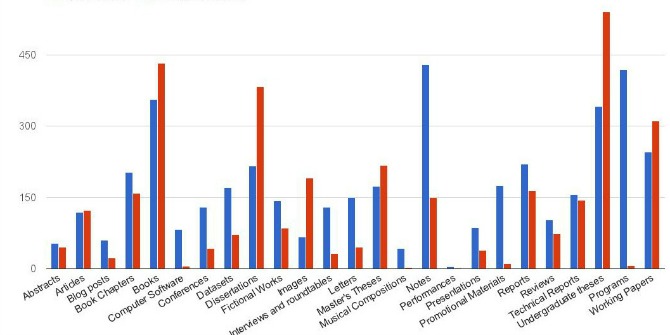



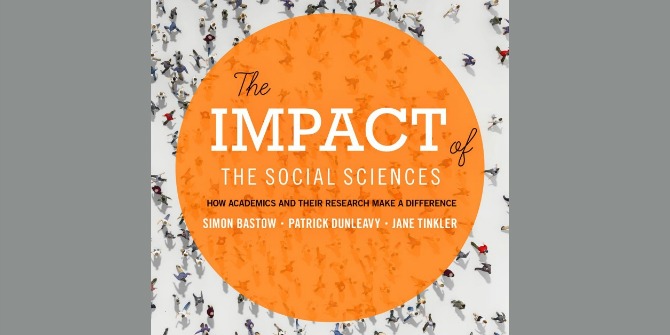










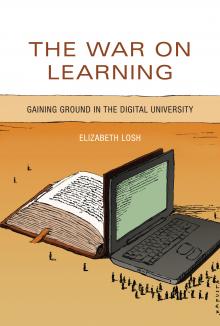
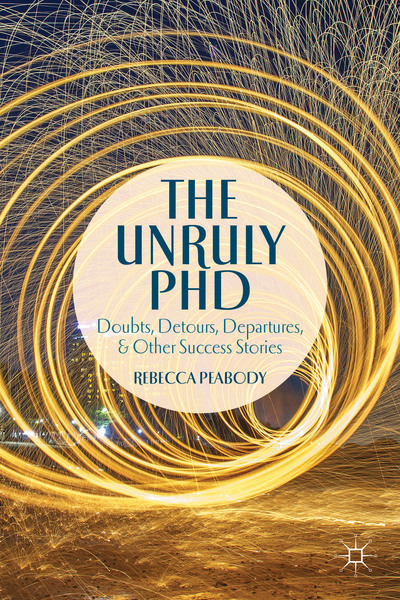
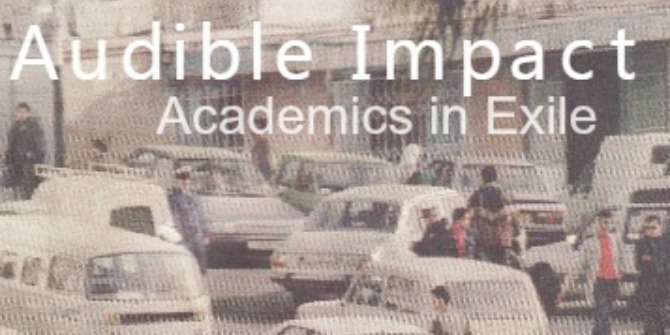




BIS LARGESSE IN THE UK: A TROJAN HORSE FOR OA
“UK Government invests £10 million to help universities move to open access“
At first, UK researchers will applaud: “More money for us [sort of]! Hurrah!”
Then they will think: “But that money could have been spent on funding more research, of which there is already too little to go round….”
And then they will realize that:
The BIS’s largesse would just be another case of (mostly) wasted public funds (a bigger problem, which is not our main concern here) if it weren’t coupled with the completely gratuitous and self-injurious undermining of a virtually cost-free means of achieving the same local end — and also achieving far more, globally, in an affordable, scaleable and sustainable way.
But all of this would be fixed, if one 9-word clause were expunged from the new RCUK OA policy: the one forcing researchers to choose Gold over Green. For then this BIS largesse would just be a hand-out to pay for Gold OA (voluntarily) for 10K UK research papers: 1/6th of the UK’s annual research output.
[…] Not everyone is happy with the “Gold OA” preference, some see it as a victory for the publishers to have their cake and eat it whilst others have different concerns, e.g. how will universities ensure that there is funding available to researchers to facilitate the publishing of articles without prejudice? The transition to open access necessitates a period whereby two models (subscription and open access) will be running alongside each other adding to the financial burden. How do we ensure that in the rush to change things we don’t undermine researchers who produce the outputs? […]